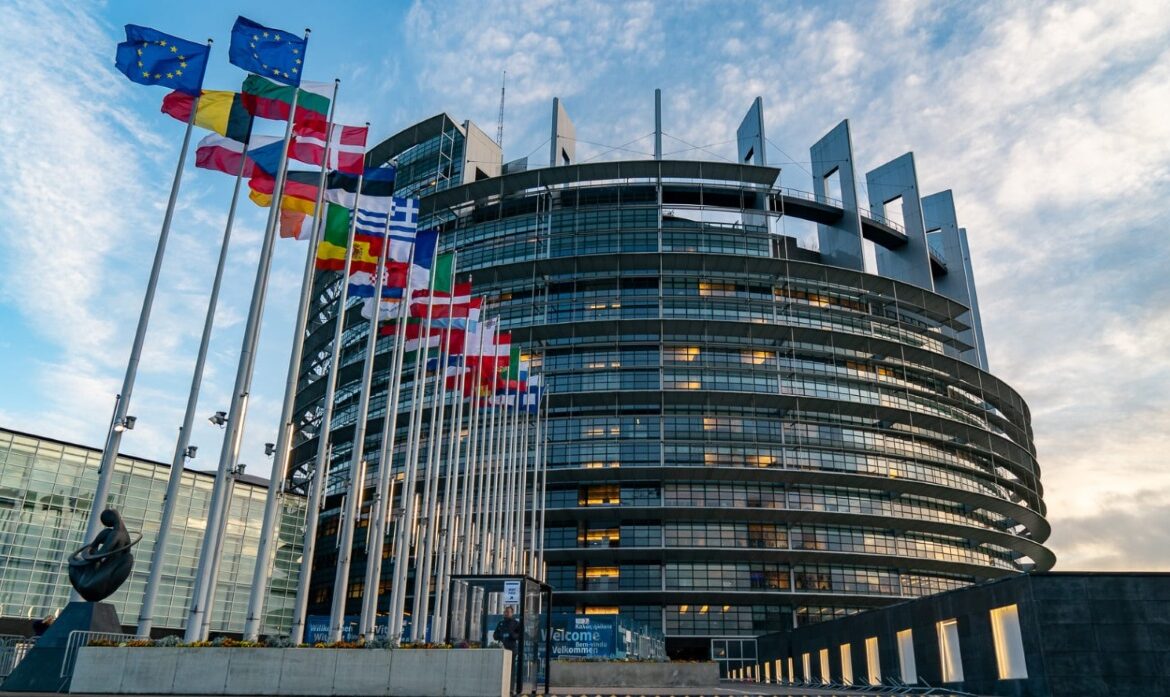The European Parliament has approved a financial instrument for 672.5 billion euros — the largest package for the recovery of the EU economy after the consequences of the coronavirus pandemic.
This is reported by DPA and the press service of the European Parliament.
582 parliamentarians voted in favor, 40 against, and 69 abstained. The next step is formal approval by the EU Council, after which the instrument will be published and enter into force.
The so-called “Recovery and Resilience Facility” is part of the overall Next Generation EU package worth 750 billion euros.
It provides money in the form of grants and loans to overcome the consequences of the pandemic, with a focus on innovative areas related to the “greening” of the economy, digital transformation, support for economic unity and competition, preparation for possible crises, and support for young people.
In each plan that claims to fund, 37% of the budget must be related to climate goals and at least 20% to digitalization.
The condition for receiving funds in compliance with the principles of the rule of law and the fundamental values of the European Union (recall that Poland and Hungary almost blocked the adoption of the EU budget).
The European Commission will be responsible for monitoring the use of the tool.
The grants amount to 300 billion euros of the total amount. To receive this money, member states will have to submit their plans by April 30, after which they must be approved by the European Commission and other EU members.
Currently, almost all EU members, except for three countries, have submitted their plans in full or in part, but a number of these documents need to be finalized.
The bloc’s economic recovery plan will “retroactively” cover events that have been held since February 2020 and upcoming events through August 2026.

